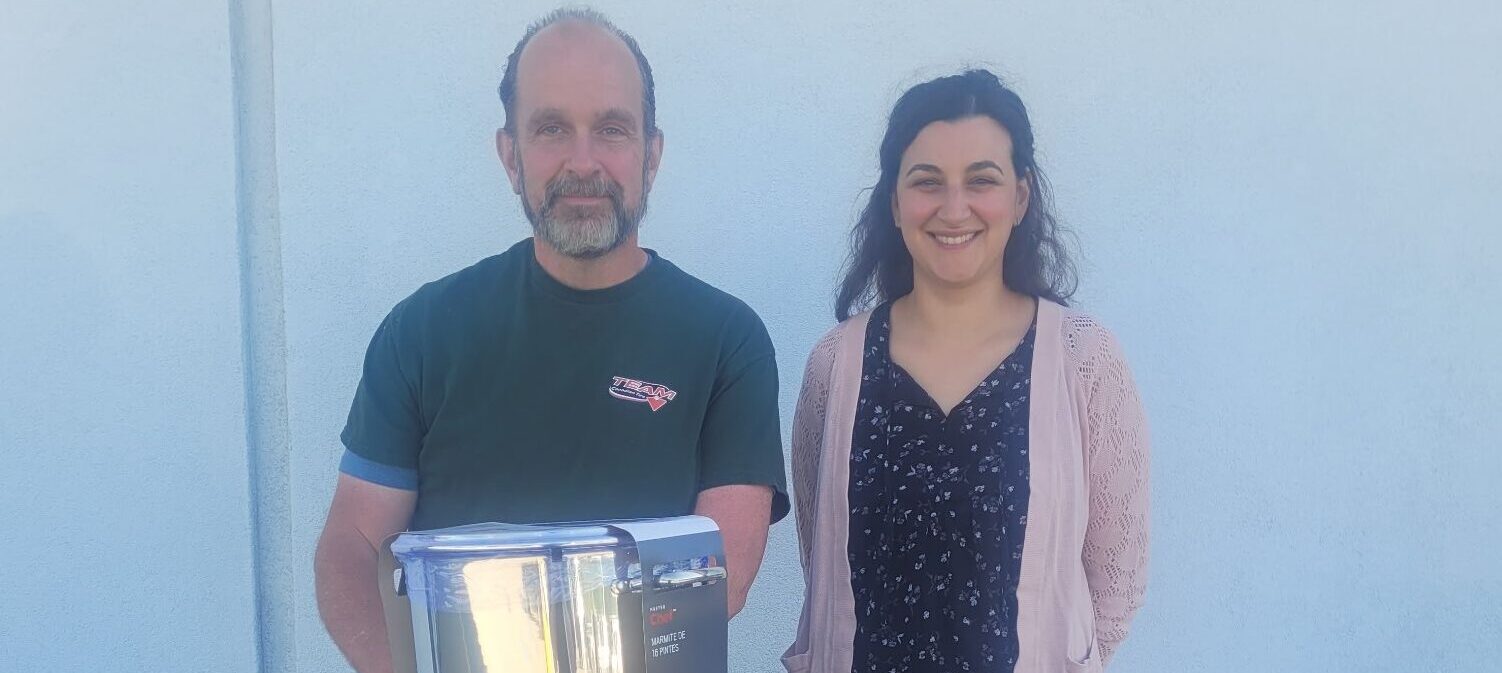
The working poor make up a staggering 42% of people living in poverty across Canada. Working poverty is defined as working part or full time yet struggling to meet basic needs such as adequate shelter and food. It’s a complex challenge, and it impacts people in every community.
A group of organizations in Trail is tackling the issue through the Building Community Resilience by Ending Working Poverty initiative. This collaborative effort involves five communities nationwide, with Trail representing British Columbia, alongside Chatham-Kent, Ontario; Winnipeg, Manitoba; Saskatoon, Saskatchewan; and Drumheller, Alberta. The Tamarack Institute, a University of Waterloo think tank, is facilitating the project and providing coaching, peer networking, and assistance in developing local strategies.
Locally, the Skills Centre is leading the Ending Working Poverty project along with the City of Trail, local small businesses, Lower Columbia Initiatives Corporation, Trail FAIR Society, Public Health and local people with lived experience of working poverty. Heather Glenn-Dergousoff is the Skills Centre’s poverty reduction specialist.
“Recognizing the urgency of this issue, we’re helping empower communities to develop effective strategies for increasing the financial well-being of working people who remain in poverty. Smaller, rural communities need different solutions than larger urban centres, and that’s one of the reasons Trail joined this initiative,” Glenn-Dergousoff says.
“The initiative signifies a united commitment to create lasting change, building resilience and fostering a future where working poverty is a thing of the past,” she says. The group is in the second year of a planned three years for the project.
They are currently exploring the intrinsic, secondary, and systemic issues affecting people living and working in the community who are still having a hard time making ends meet. This part of the project, funded by a BC Healthy Communities Plan H grant and Tamarack Institute, aims to enhance supports and services through revisiting existing community plans and applying a new equity lens to suggest modifications that ensure overall well-being for under-resourced groups.
“We are consulting the community and engaging in the discussions that will lead to revised plans, support policy restructuring and result in systems change. We’ve got a survey that we’re encouraging people of all income levels to complete to give us a better picture of the local situation,” Glenn-Dergousoff says.
“The End of Working Poverty initiative has set ambitious goals, including a 5% improvement in the financial well-being of people working but living in poverty, by the end of the three years. We also want to produce successful strategies that we can easily share and adapt throughout Canada,” Glenn-Dergousoff says.
“By addressing working poverty head-on, we envision Trail becoming a place where more residents can thrive and prosper.”



